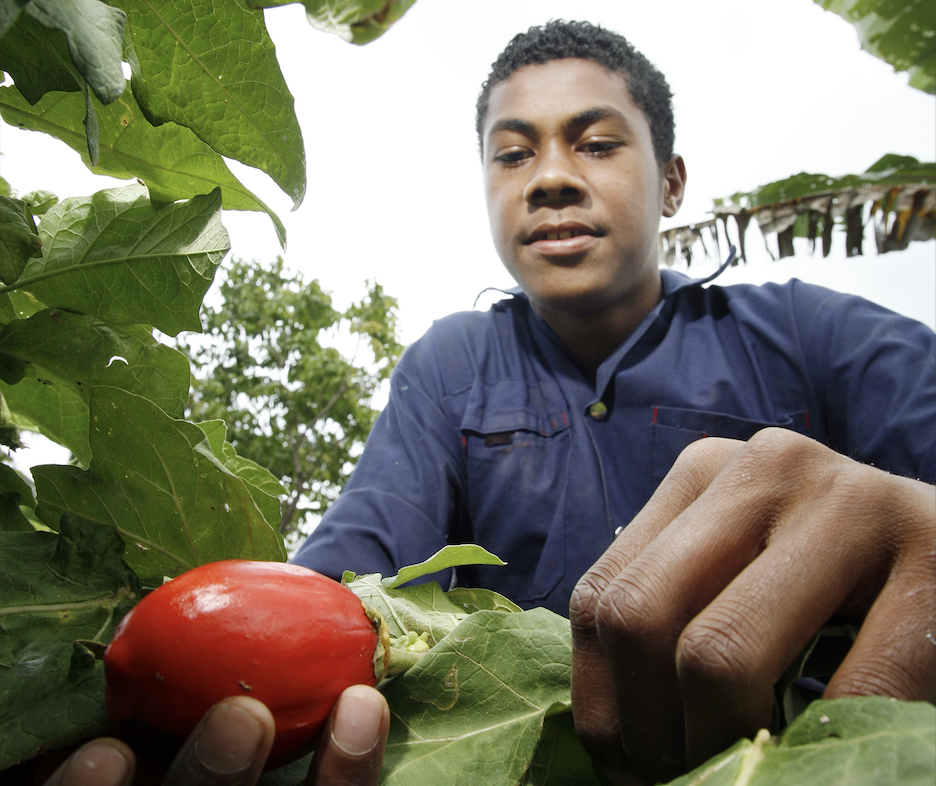FIJI
Social protection in Fiji
Fiji is an archipelago of 330 islands with a population of over 924,000 people. Fiji has a comprehensive social protection system. Read below to see which of these life-cycle risks Fiji is addressing and how.
EARLY CHILDHOOD
- Poor access to antenatal and post natal care
- Unsafe birth
- Poor access to immunisation
- Stunting, malnutrition and hunger
- Reduced cognitive development
SCHOOL AGE
- Malnutrition
- Unable to access or stay in school
- Child labour
- Commercial and sexual exploitation and abuse
- Loss of parents or carers
YOUTH
- Inadequate skills
- Inability to access training
- Unemployment and underemployment
- Gender discrimination
- Commercial and sexual exploitation and abuse
- Domestic violence
- Alienation
WORKING AGE
- Unemployment and underemployment
- Cost of children
- Lack of childcare
- Care of parents
- Debt
- Gender Discrimination
- Commercial and sexual exploitation and abuse
- Domestic violence
OLD AGE
- Increasing frailty and disability
- Inability to work
- Lack of family care
- Elder abuse
Leading to the following solutions:
EARLY CHILDHOOD
- Care and Protection Allowance cash transfer for vulnerable children
SCHOOL AGE
- Care and Protection Allowance cash transfer for vulnerable children
- Bus Fare Scheme Program for students
WORKING AGE
- Rural Pregnant Mothers’ Food Voucher
OLD AGE
- Social Pension Scheme for elderly (65 years and older) who has no other pensions
- Transport Assistance Scheme (e-transport card for public buses)
- Fiji National Provident Fund retirement benefit for formal workers
Fiji has a Disability Allowance, a Transport Assistance Scheme (fixed cash transfer), and the Fiji National Provident Fund Disability and Medical benefit for formal workers in place for people with disability.
The Family Assistance Scheme provides a cash transfer and food vouchers for poor and vulnerable households that people can access during vulnerable periods of their lives.



